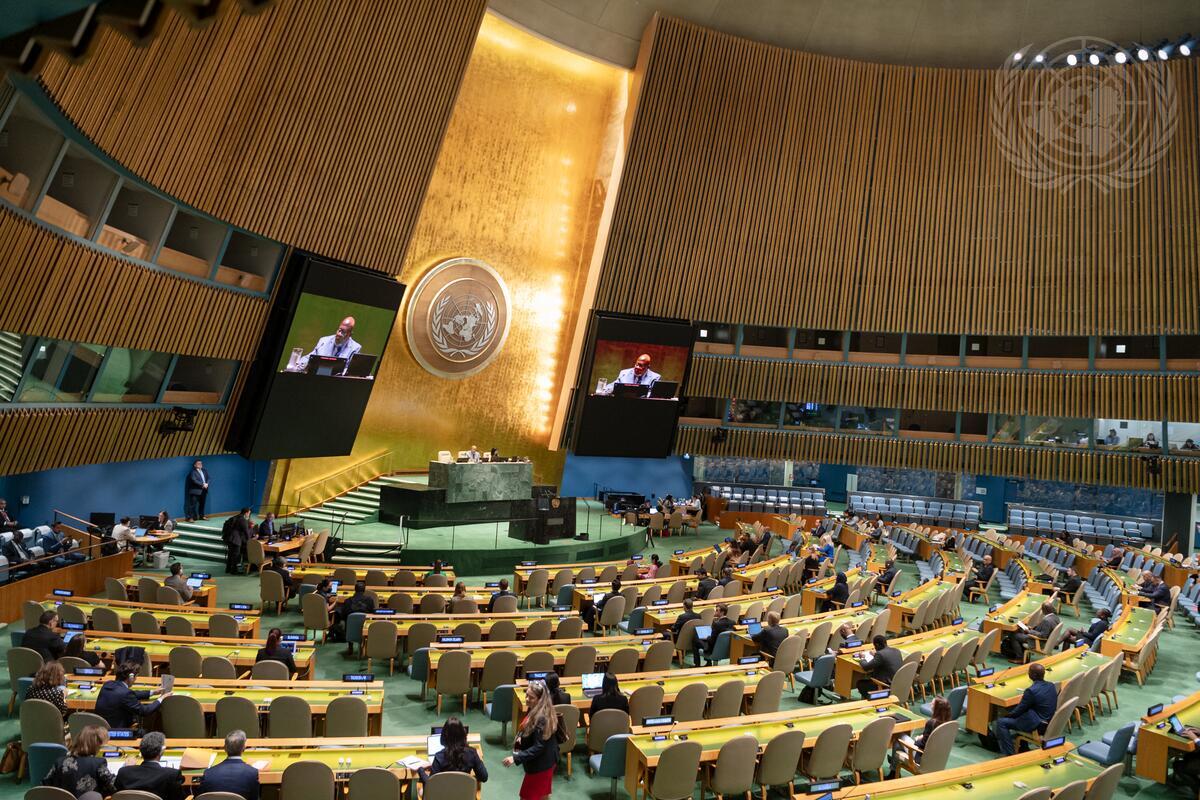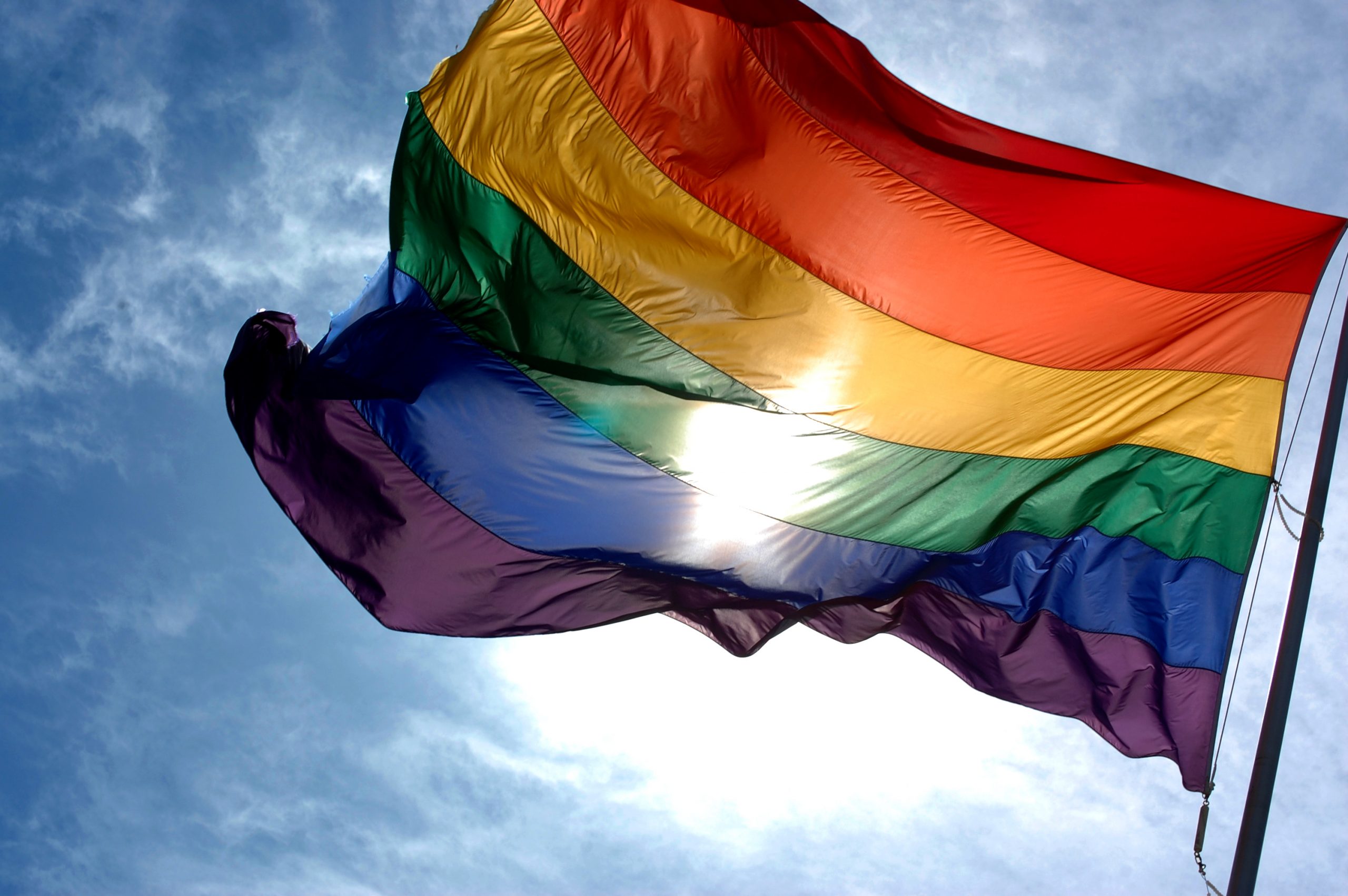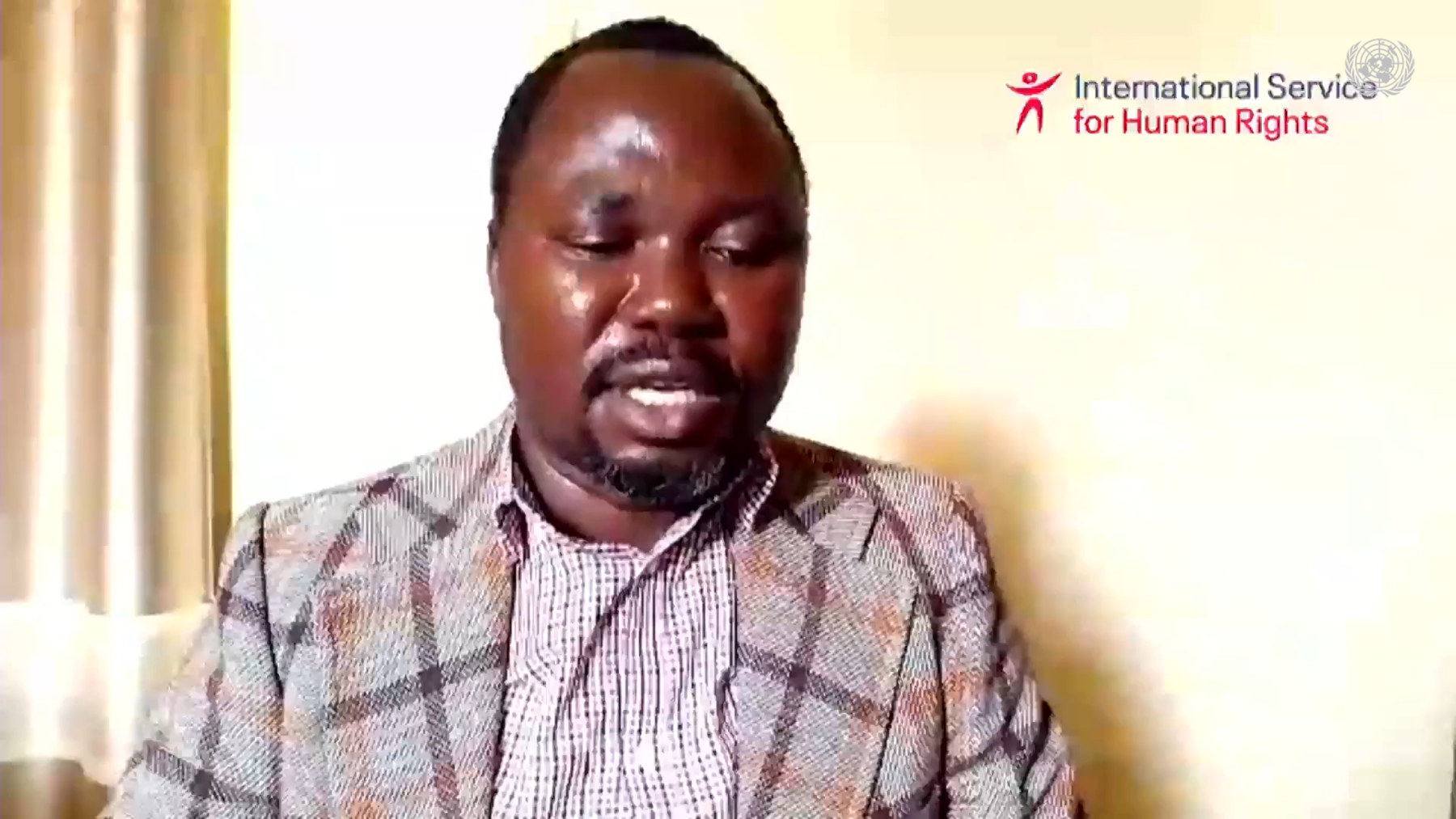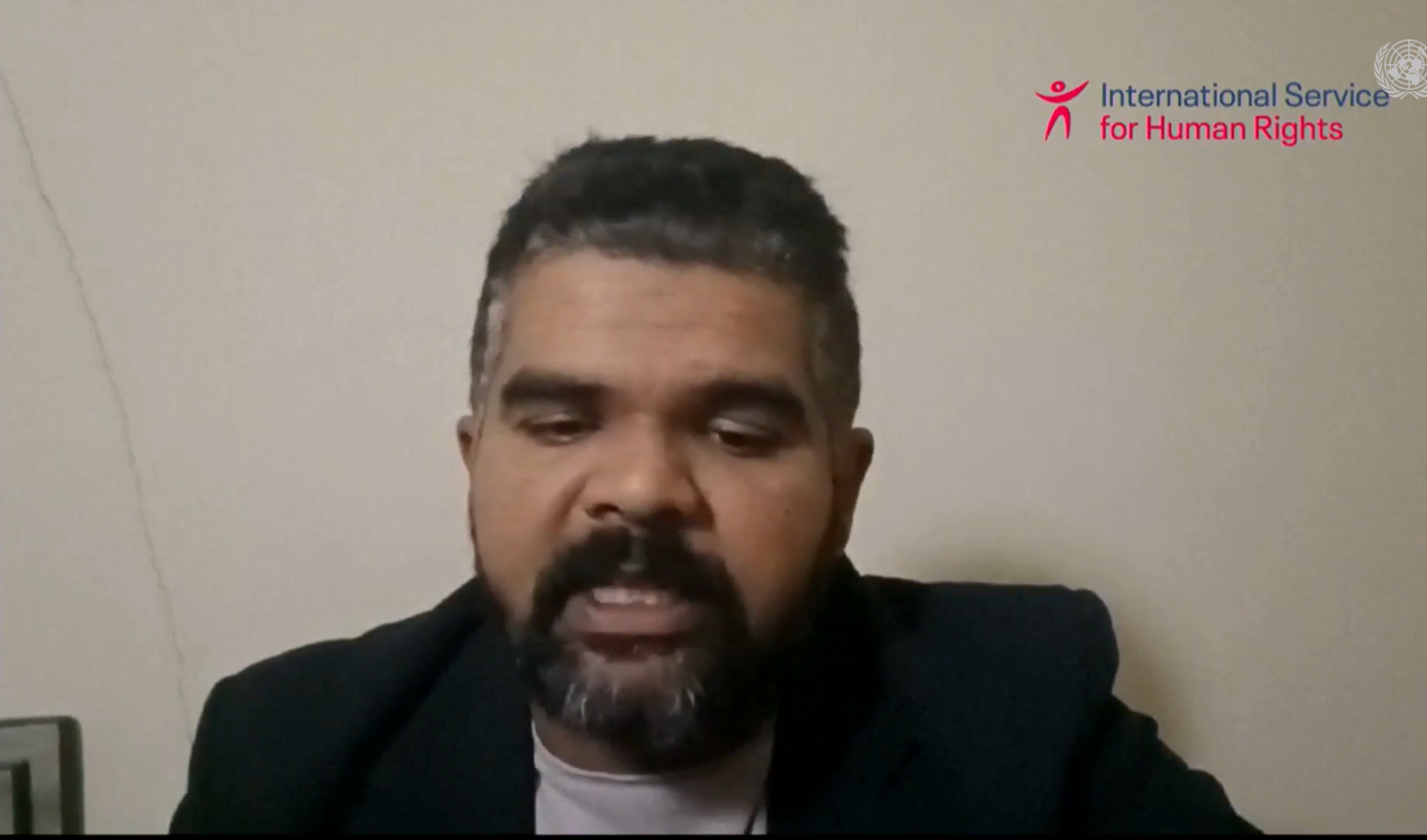Appointed last year following decisions of the Human Rights Council and the UN General Assembly, Vitit Muntarbhorn is the UN’s first expert mandated to combat and protect against violence and discrimination based on sexual orientation and gender identity.
His report to the Human Rights Council, to be presented in June, outlines the approach and methodology framing his work. The expert makes clear that he is ‘firmly committed to building bridges…with a broad range of actors and stakeholders’.
‘The establishment of this mandate, against all odds, was groundbreaking. It sent a clear message that systematic attacks against LGBTI people worldwide require a systematic international response. States must ensure that they build on this positive development by, at a minimum, safeguarding the expert’s position and engaging in good faith with his work,’ said ISHR programme manager Pooja Patel.
‘It should not be open to States to pick and choose which UN experts they engage with, nor which international human rights laws they abide by and respect. All persons, regardless of where they were born or where they live, have the right to respect for their sexual orientation and gender identity and to be protected from violence and discrimination in all its forms.’
Engaging human rights defenders
Civil society groups have appreciated the broad-based consultations the expert engaged in earlier this year with a variety of stakeholders. This presented an opportunity to provide inputs to help frame the mandate holder’s work.
‘This spirit of consultation and engagement should continue. Professor Muntarbhorn should ensure that there are regular opportunities for dialogue with civil society working at the national level. In particular, the mandate must have an open channel of communication with human rights defenders working in those countries whose governments opposed the creation of this mechanism,’ said Patel.
ISHR made a written statement to the Human Rights Council outlining the international legal framework underpinning the rights of defenders working on LGBTI issues, as well as an overview of the key threats and challenges they face. The written statement points out that because of their identities – as well as their work which may challenge social, religious and cultural norms – human rights defenders working to promote and protect the rights of LGBTI people are frequently targeted by both State and non-State actors, including members of their own families and communities. This is alluded to in Professor Muntarbhorn’s report when identifying multiple and aggravated forms of violence and discrimination.
At the same time, Muntarbhorn has highlighted that human rights defenders working to combat violence and discrimination on the basis of sexual orientation and gender identity are not only victims and survivors, but also experts in the field and can provide evidence-based guidance to the mandate and to States.
Collaborating with other UN experts
As outlined in ISHR’s written statement, a number of other Special Procedures mandate holders have highlighted cases and trends of ongoing and systematic targeting of LGBTI human rights defenders in their reports to the UN as well as in their communications with governments. The Special Rapporteurs on human rights defenders and on freedom of association and assembly have both recognised LGBTI defenders as groups at risk.
‘All relevant mandate holders need to work efficiently and effectively together to strengthen the UN’s response to individual cases and trends of targeted attacks against LGBTI defenders and to ensure that such violations are not perpetrated with impunity. This requires that there is a comprehensive follow-up system on cases that have been communicated by both the experts as well as member States themselves,’ said Patel.
In setting out his vision for the thematic reports to follow, Muntarbhorn highlights the six ‘underpinnings’ that ‘interrelate closely with the root causes and environment behind the violence and discrimination’. These are: decriminalisation of consensual same-sex relations; effective anti-discrimination measures; legal recognition of gender identity; destigmatisation linked with depathologisation; sociocultural inclusion and; the promotion of education and empathy.
‘We look forward to seeing that inputs from other relevant mandate holders are taken on board to ensure subject-specific expertise – including the Special Rapporteurs on the right to health, the right to education, and cultural rights, among others’ added Patel.
Guidance to States on protection of LGBTI defenders
‘We encourage the new UN expert to work with human rights defenders and other relevant experts in providing guidance to States on the specific protection needs of LGBTI defenders,’ said Patel.
As Muntarbhorn outlines in his report, such guidance could also be developed in cooperation with independent national human rights institutions and regional human rights mechanisms where they exist.




